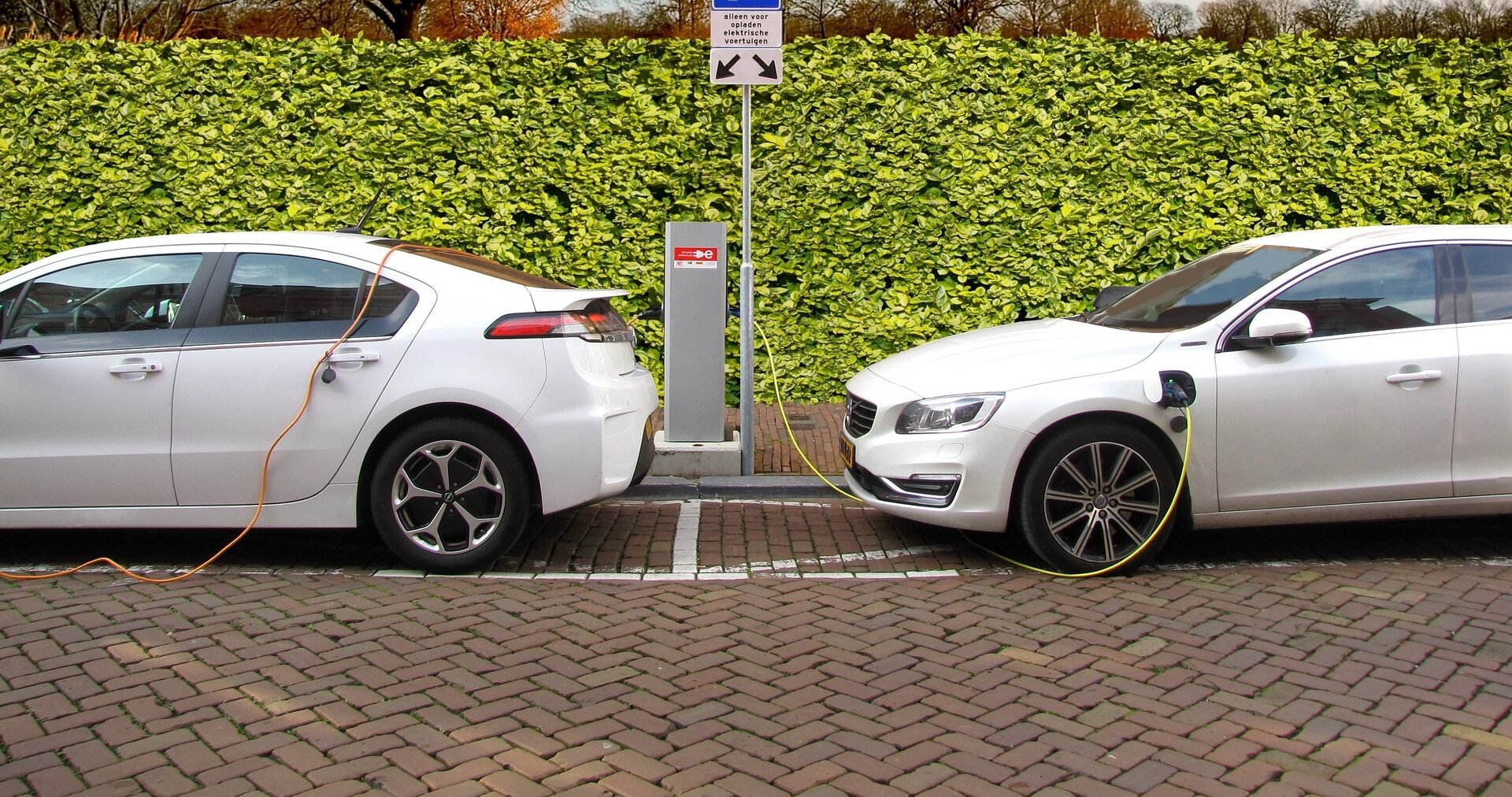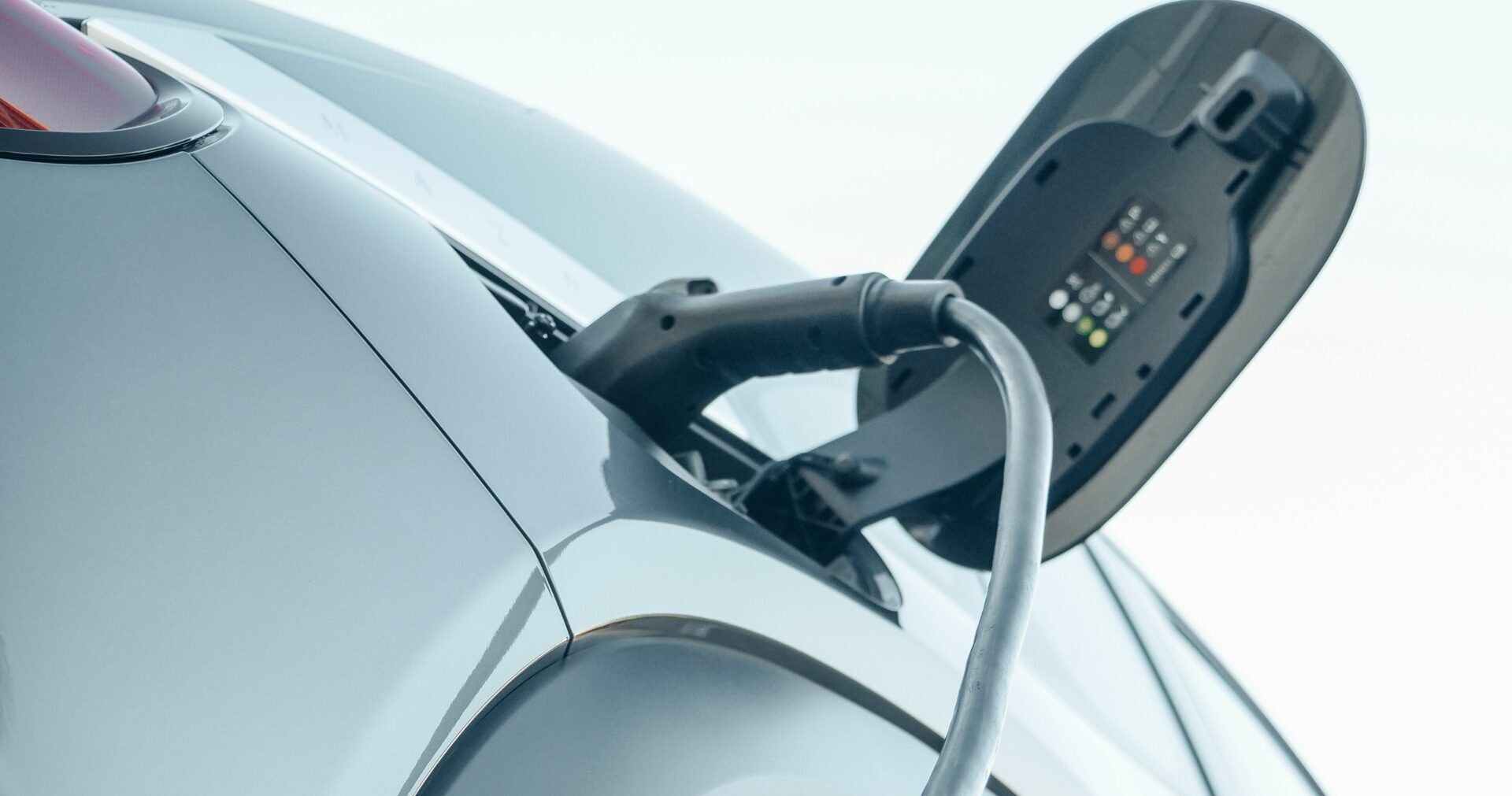Today, 9th September, marks World EV Day, a global celebration dedicated to the promotion of electric vehicles (EVs) and raising awareness about their pivotal role in shaping a sustainable future. As the world faces increasing environmental challenges, the adoption of EVs is becoming a crucial solution in the transition towards cleaner transportation. World EV Day serves as a platform to encourage discussions, share innovations, and inspire action, supporting the global shift to electric mobility.
The day aims to:
- Raise public awareness of the environmental benefits of EVs, such as their role in combating air pollution and mitigating climate change.
- Promote the adoption of electric vehicles among individuals, businesses, and governments.
- Encourage infrastructure development, particularly the expansion of charging networks.
- Highlight the advancements made in battery technology, range capabilities, and overall performance of EVs.
By creating a space for education and advocacy, World EV Day aims to accelerate the global transition to electric mobility, positioning EVs as a mainstream solution to some of the most pressing environmental issues of our time.
The history of electric vehicles dates back to the 19th century, when the first electric carriages appeared. However, with the advent of the internal combustion engine, petrol and diesel vehicles quickly became the dominant mode of transport throughout the 20th century. It wasn’t until the early 21st century, driven by growing concerns about climate change and advances in battery technology, that electric vehicles began to re-emerge as a viable alternative.
Key milestones in EV development include:
- 2008: The launch of the Tesla Roadster, which demonstrated that electric cars could be powerful and have a long range.
- 2010s: Major car manufacturers such as Nissan, BMW, and Chevrolet began producing affordable electric models, making EVs accessible to a wider audience.
- 2020 onwards: Governments worldwide began setting ambitious targets for phasing out petrol and diesel cars, with some aiming to ban the sale of new combustion engine vehicles by as early as 2030.
The development of lithium-ion batteries has been particularly transformative. These batteries offer higher energy density, longer range, and shorter charging times compared to earlier technologies. Furthermore, advancements in battery recycling and second-life applications have helped to address concerns about sustainability and resource use.

Image by (Joenomias) Menno de Jong from Pixabay
As we look to the future, the growth of electric vehicles is set to continue at an exponential rate. There are several factors that will shape this future:
- Government Policies and Incentives: Many countries are introducing policies that encourage the adoption of EVs, including tax breaks, subsidies, and the development of charging infrastructure. The European Union, for example, is pushing forward with its “Fit for 55” plan, which aims to cut emissions by 55% by 2030, largely through the adoption of electric transport.
- Technological Innovations: Battery technology continues to improve, with ongoing research into solid-state batteries, which promise even greater energy density and safety. Autonomous driving technology is also likely to pair with EVs, creating a new era of intelligent, electric transport systems.
- Charging Infrastructure: The expansion of charging networks will be critical to the mass adoption of EVs. Companies and governments are investing heavily in public and private charging stations, with fast chargers capable of powering a vehicle in minutes rather than hours becoming increasingly common.
- Environmental Impact: As renewable energy sources such as solar and wind power become more integrated into the electricity grid, the environmental benefits of EVs will increase. Charging an EV with green electricity offers a near-zero emissions transport option.
- Affordability: As production scales up and battery prices continue to fall, electric vehicles are expected to become more affordable for the average consumer. It is anticipated that by the mid-2020s, the upfront cost of an electric car could match that of a petrol or diesel equivalent.
World EV Day provides an important opportunity to reflect on the progress made in the electric vehicle sector and to inspire future advancements. The widespread adoption of EVs is a vital step towards reducing global carbon emissions, improving air quality, and creating a more sustainable future. As technology continues to evolve and infrastructure develops, the future of electric mobility looks bright, with the potential to revolutionise the way we travel.
Levent Ergin, Global Chief ESG Sustainability Strategist, at Informatica said: “The pressure is on globally to boost EV sales. While the production of EVs remained relatively stable this year, manufacturers are facing headwinds from multiple sides. Temporary challenges in the supply chain have impacted output, many consumers remain put off by high prices, and there is still a lack of confidence in public charging infrastructure.
“That’s not to mention the looming challenge facing manufacturers to comply with the EU’s battery passport legislation, which will introduce new requirements to demonstrate EVs have sustainable battery lifecycles by 2027.
“While two and a half years may seem like a long time to get their houses in order, there are many reporting milestones along the way. For manufacturers, this is a huge and daunting undertaking. They need to interpret, manage and master huge volumes of data – from mining and refining companies, recycling firms, as well as the producers of batteries – so they can understand all the individual components that come together in the making and use of their EV batteries. Only then can they provide information to future EV owners on the history and health of the battery.”
Steve Hemmings, Automotive Director, Key Accounts & Sales, EMEA, 3M: “As the EV sector matures, material innovation is going to be crucial to accelerating the transition to a more sustainable mobility landscape, while addressing the pain points that are holding back the market today. From display films and lightweight composites to thermal management and adhesive technologies for improved battery performance, material innovation can contribute to extending range, tackling thermal runaway, and improving power efficiency – all critical drivers for the electric vehicle market. We therefore believe that the evolution of materials is a lynchpin in the overall transition towards a more sustainable mobility sector. Only by optimising EV production can we ensure the success of EV transitions globally.”
Find out more about World EV Day and how you can get involved, here.




















